In North American cities, climate change is considered a part of the reality of the economy. Its effects are reflected in lost livelihoods, environmental catastrophes and climate refugees, but it also offers cities an opportunity to profile themselves as pioneers, invest in environmentally friendly technology and entirely novel business models. Climate change is not just a threat to be faced, but it also brings benefits.
In the early 2000s, the climate in the Vancouver region had warmed so much that the mountain pine beetle, which was not previously found in the region, invaded the forests there and destroyed 18 million hectares of tree stands and 710 million cubic metres of timber. Over a period of 10 years (2001–2011), altogether 70 saw mills and 36,000 jobs were lost. The dying forests affected both the regional economy (the forest industry accounts for 8% of the GDP in British Columbia) and the local residents’ perception of the extreme vulnerability of their living environment.
Strict environmental legislation was introduced in the region and the City of Vancouver set itself a goal to become the greenest city in the world. Vancouver’s Greenest City Action Plan combines environmental awareness with economic pioneering. Vancouver’s strict environmental legislation is seen there as a competitive advantage, as local businesses have to adapt to climate change before the rest of the world and compete as forerunners in markets that will grow all over the world.
The most recent trendy expression for a smart city is resilient city. It can be understood to mean adaptable or persistent, but I think that the best definition would be “the capacity of a community to recover from change”. While smart cities are resource efficient, involve their residents in decision-making and planning processes, respect the environment and operate efficiently and wisely as organisations, resilient cities with the ability to cope with change are also able to see the opportunities presented by a crisis and to adopt new strategies.
Sometimes a change affecting a city is purely coincidental. In 1971, Boeing in Seattle had lost a large share of its orders, and 60% of its employees were laid off. The recession that hit the city was aptly illustrated in a billboard placed by two businessmen in the vicinity of the airport: “Will the last person leaving Seattle turn out the lights.” Then in 1978, Bill Gates transferred the headquarters of Microsoft from New Mexico to Seattle, and after a few years it became the most profitable company in the world. Microsoft’s success created new millionaires who invested in new companies and skilled labour in the area. Soon, new global companies such as Starbucks and Amazon, in particular, grew at an enormous rate.
Seattle’s economy is one of the fastest-growing in the United States. It is also a destination for people who flee the drought in California. The city emphasises the importance of beautiful surroundings, outdoor exercise and a healthy lifestyle, and wants to provide them and use them as competitive assets. In Seattle, 85% of energy is produced from renewable sources; the city invests strongly in the cleantech sector and maintains a database on green jobs, for example.
Finland, too, is experiencing major changes. One of our goals is to become a pioneer in cleantech. However, many others would also like to lead the world. This is why Finland now needs open-minded approaches similar to those adopted by the pioneering cities in North America.
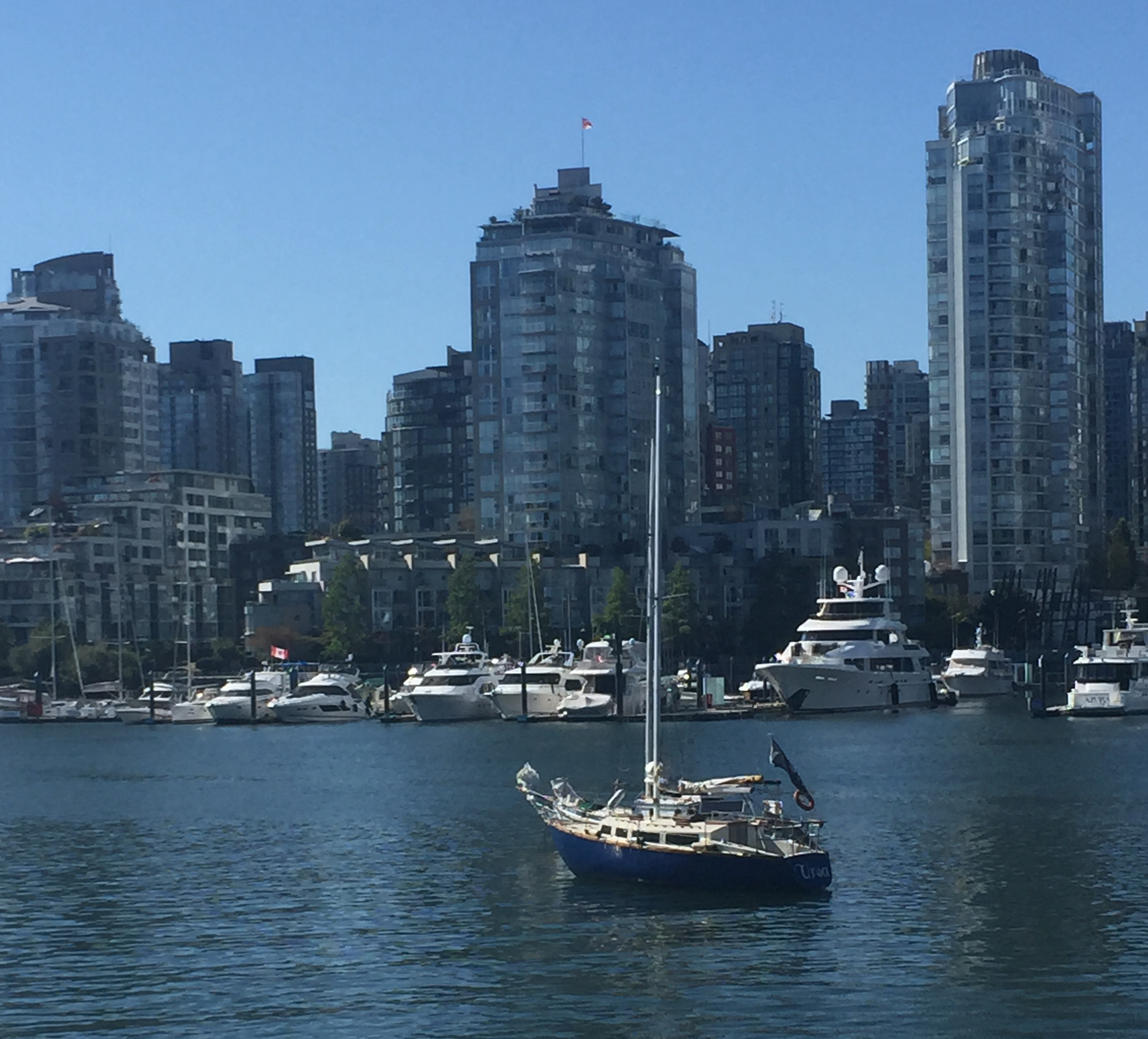
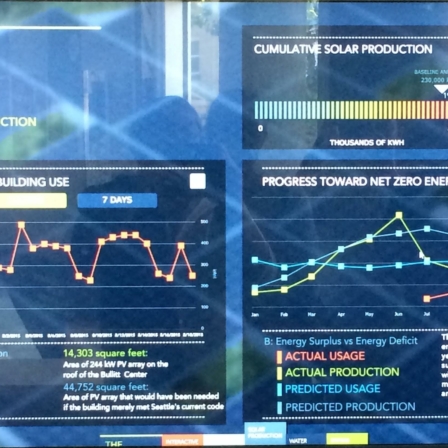
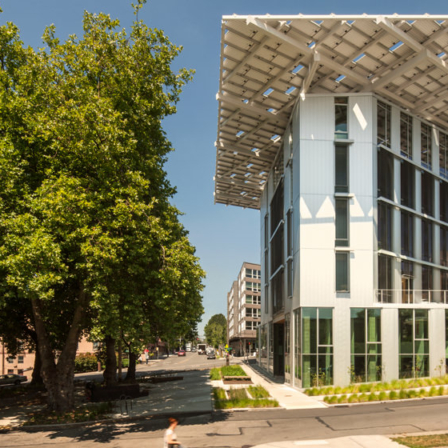

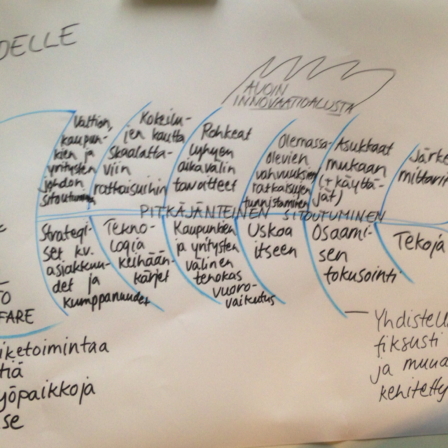
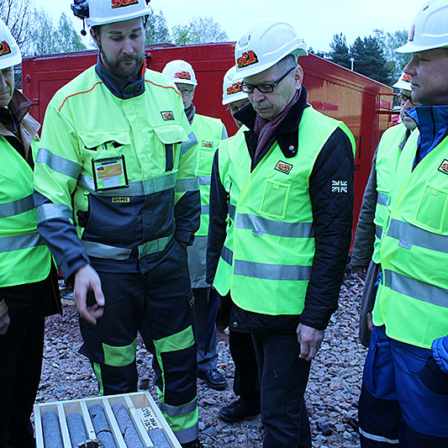
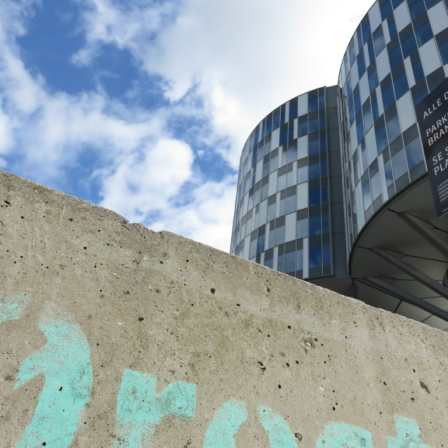

Recommended